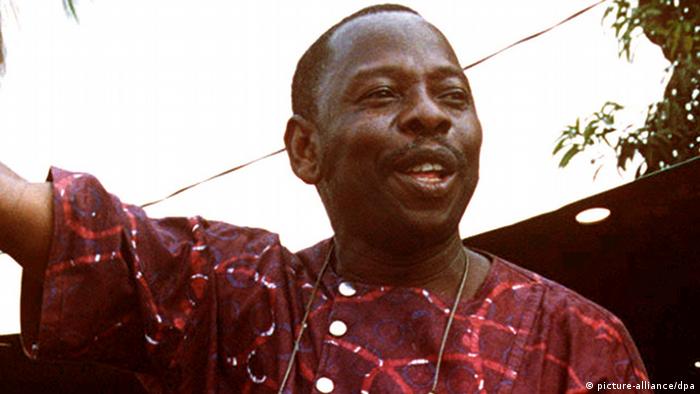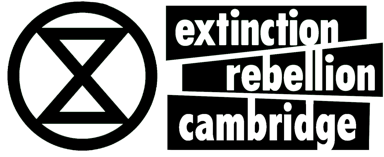
On 24th May 2022, Extinction Rebellion activists shut down Shell’s shareholder AGM in London. They joined activists all over the world protesting against Shell’s disregard for life. One of the activists in the conference hall said, “We remember Ken Saro-Wiwa, we remember the Ogoni Nine.”
It is over 26 years since the murder of the Ogoni Nine by the Nigerian government – a military dictatorship that was in hock to fossil fuel interests, including Royal Dutch Shell. Shell encouraged the Nigerian government to clamp down on Ogoni activists protesting against the devastation of their homeland by oil companies. What followed was murder, torture and rape by the Nigerian military. Not only did Shell egg on the authorities, it provided transport for the military, and even paid a commander notorious for human rights violations.
Shell Knew about the climate impacts of its activities as early as 1981, when it launched an internal climate science programme. In 1988, Shell researchers produced a secret document called The Greenhouse Effect. But it is vital that, over a quarter of a century on, we remember Ken Saro-Wiwa, the Ogoni Nine and all the others murdered with the complicity of Shell. This, as well as its environmental crimes, is why Shell Must Fall.
Who was Ken Saro-Wiwa?
Ken Saro-Wiwa had direct experience of the destructive power of fossil fuel extractivism from early on in his life. He was a member of the Ogoni people. Ogoniland is on the Niger delta, where oil companies – particularly Shell – began operating in the 1950s. As well as extracting oil, they dumped the waste, and degraded the land and water which people depended on for their lives and livelihoods.
Saro-Wiwa was a longtime critic of the government’s lax regulation of the oil companies’ activities there. But like a lot of people, he came to activism fairly late. It was in the last five years of his life that he began full-time activism. Before that, he tried to change the system from within – even working high up in the government.
In 1990, he joined MOSOP – the Movement for the Survival of the Ogoni People. Just a few years later, 300,000 people – half the Ogoni population – attended peaceful marches organised by MOSOP to oppose fossil fuel destruction. On a number of occasions, Saro-Wiwa was imprisoned without trial by the military dictatorship.
Then, in May 1994, four Ogoni chiefs were murdered. These chiefs were part of MOSOP, but on the other side of a dispute from Saro-Wiwa. Despite being out of Ogoniland at the time, and having campaigned peacefully throughout his activism, Ken Saro-Wiwa was accused of inciting the murders, and arrested. After spending a year in prison, he was convicted and sentenced to death by a military tribunal, along with eight others – the Ogoni Nine. Later, witnesses admitted that they had been bribed and offered jobs by Shell to testify against the Ogoni Nine.
Imagine the last few hours of Ken Saro-Wiwa’s life.
On the 10th November, 1996, he and the other members of the Ogoni Nine were moved from the place they were being held, and taken to the prison at Port Harcourt. They were not told that this was for their execution.
They were taken into a room and bound by the wrists and ankles.
Then they were led to the gallows and executed, one by one.
Ken Saro-Wiwa was the first to be killed. The equipment was faulty, and it took five attempts until he died.
His last words were these: “Lord take my soul, but the struggle continues”.
We must continue that struggle. Shell Must Fall.
Sources
https://www.ihrb.org/other/on-the-life-and-legacy-of-ken-saro-wiwa-iii
https://en.wikipedia.org/wiki/Ken_Saro-Wiwa
Photo credit: Picture Alliance/DPA
